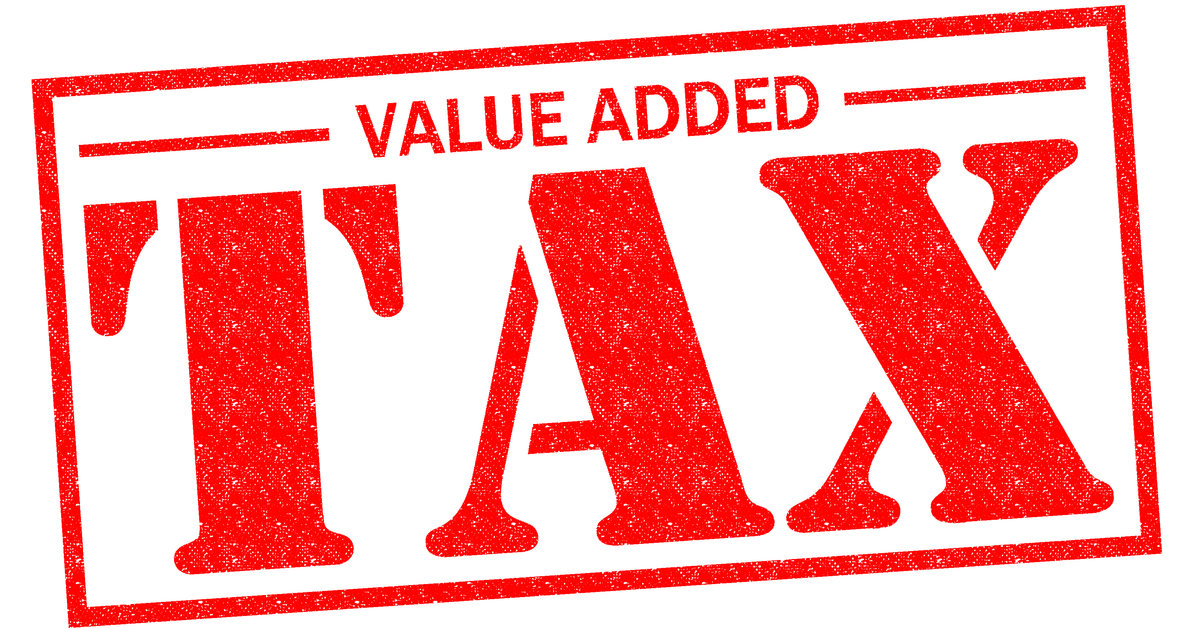Tax exemption for SMEs
The Finance Bill 2020 has proposed tax exemption for Small and Medium Enterprises (SMEs) whose annual turnover is less than N25 million. The Minister of Finance, Budget and National Planning, Zainab Ahmed, disclosed earlier that under the new law only companies posting a turnover of over N100 million would pay 30% Company Income Tax while […]

The Finance Bill 2020 has proposed tax exemption for Small and Medium Enterprises (SMEs) whose annual turnover is less than N25 million. The Minister of Finance, Budget and National Planning, Zainab Ahmed, disclosed earlier that under the new law only companies posting a turnover of over N100 million would pay 30% Company Income Tax while those with turnover of between N25 million and N100 million annually will pay 20%.
In a statement shortly after the Bill was approved by the Federal Executive Council (FEC) the minister said “Our assessment is that any business that has a turnover of less than N25m needs that break, not being taxed so they can invest in their businesses. And we reduced the tax for medium-size businesses from 30 per cent to 20 per cent so they can have more resources that they can plough back in their business. Not only will small businesses be able to do more because they are not paying taxes, but we are also working together with the trade authorities to also encourage people in the informal sector to become formalised because they will see other businesses like them that are not registered doing well,” Ahmed said.
- #EndSARS: Give 1% of VAT to states affected by destruction, Senate urges FG
- ABU kidnappings prompt Reps call to secure universities
Other provisions in the bill include exemption of small companies from payment of education tax under the Tertiary Education Trust fund (TETFUND) – for companies with less than N25m turnover; 50% reduction in minimum tax – from 0.5% to 0.25% for gross turnover for 2020 and 2021; and the granting of tax relief to companies that donated to the COVID-19 relief fund under the private sector coalition (CACOVID).
The amendment to the Finance Act is a welcome development and in line with steps taken in many countries to reduce the burden on struggling enterprises, especially in the era of COVID-19 pandemic. Tax exemption for small enterprises is important because the future of the economy depends on the strength of vibrant SMEs. These enterprises provide employment for young Nigerians on part-time or full-time basis, and for skilled, semi-skilled and even the unskilled labour. Most of their activities are labour-intensive because of their inability to procure modern machines and implements that would facilitate their operations.
In order to make up for the exemption being granted to SMEs, we call on government to be diligent in tax collection from multiple sources. Taxes like companies’ income tax, withholding tax on companies, petroleum profit tax, value-added tax, education tax, and capital gains tax, and many others should be diligently collected. As has been revealed in several reports only a very small percentage of rich and wealthy Nigerians pay tax, while many industries do not pay correct tax due to collusion with tax officials to defraud government or outright tax evasion. If the Federal Inland Revenue Service (FIRS) could rein in wealthy Nigerians into the tax net and frustrate tax evasion, government’s revenue would effectively receive a boost.
Apart from tax exemption, government needs to do a lot more to ensure a healthy environment for SMEs to flourish in Nigeria. First, is to ensure constant and reliable electricity supply. The income of most SMEs goes into the purchase and fueling of generators for their operations. Electricity transmission and distribution companies should put in place infrastructure that would facilitate constant and consistent supply of electricity to SMEs across the country. Also, government should ensure that these SMEs access loans at single digit interest rate. Without such low interest rate on loans, products from SMEs may not compete effectively with cheap products dumped into Nigeria from China, India, Pakistan and other developing countries.
Also, there is the constant complaint about multiple taxes SMEs are compelled to pay to state and local governments. We call on these lower tiers of government to take a cue from the Federal Government, harmonize their collectible taxes from SMEs in order to reduce duplication. Multiple taxation discourages and kills small enterprises. It is good that government has approved tax exemption for SMEs, but more needs to be done.
